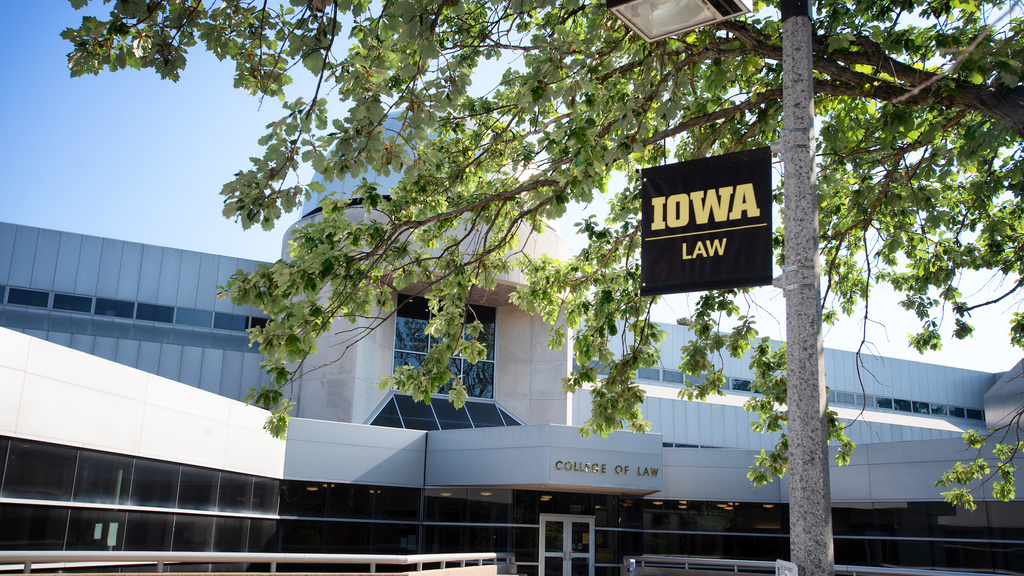Main navigation
Iowa Law has a highly successful judicial clerkship program. Whether you are interested in working at a state or federal court, at a trial or appellate court, or at a specialty court, The Writing Law School℠ is committed to helping you find the post-graduate judicial clerkship opportunity that is right for you. Judicial clerkships provide terrific opportunities to learn from judges while providing worthwhile public service.
What is a judicial clerkship?
Judicial Clerkships are a 1–2 year position in which a recent law graduate works closely with a judge in the decision making process. Clerks get an inside look at judicial decision-making by drafting bench memos, orders, and opinions.
Iowa Law graduates clerk for federal appellate and district court judges, state trial, appellate and Supreme Court justices, and an array of specialty courts including tribal courts. Some graduates have gone on to become judges themselves.
Why should I clerk?
You will become very efficient at legal research. Your writing will improve dramatically. You will learn which methods of advocacy work better than others. You will become familiar with how judges think.
There are also soft benefits of clerking that are difficult to quantify. For many, their judge often becomes a lifelong mentor. Clerks also have opportunities to network with the other judges in the courthouse as well as with practitioners and firms that appear before the judge, which may open doors later. And for students who want to practice outside Iowa, clerking provides one of the best ways of getting into a new market.
Judicial Success at Iowa Law

Announcing the clerkship class of 2025

Learning from the bench: Three Iowa Law graduates reflect on their clerkships
Introducing the clerkship class of 2024

Meet the clerkship class of 2023
Interested in clerking?
We encourage current law students to connect with us to learn more.
